UN Report: Nature’s Dangerous Decline Unprecedented; Species Extinction Rates Accelerating
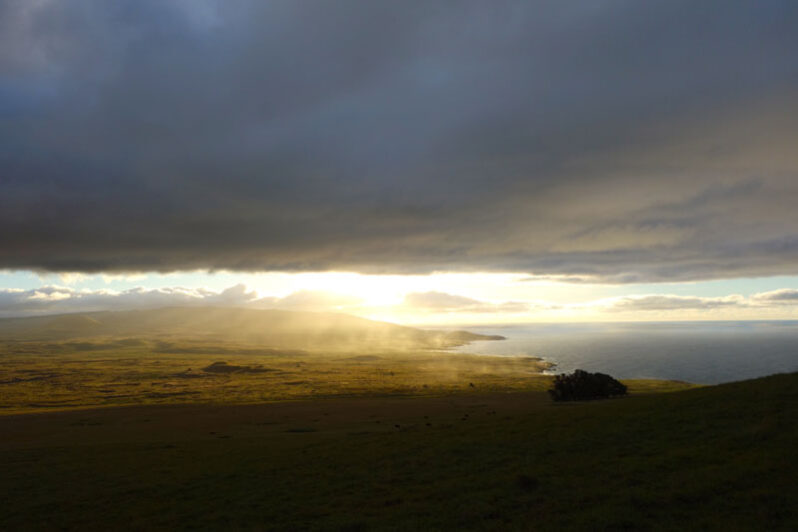
Nature is declining globally at rates unprecedented in human history –We are eroding the very foundations of our economies, livelihoods, food security, health and quality of life worldwide. But the Report also tells us that it is not too late to make a difference, only if we start now at every level from local to global.
Outcry as Spanish beach sprayed with bleach
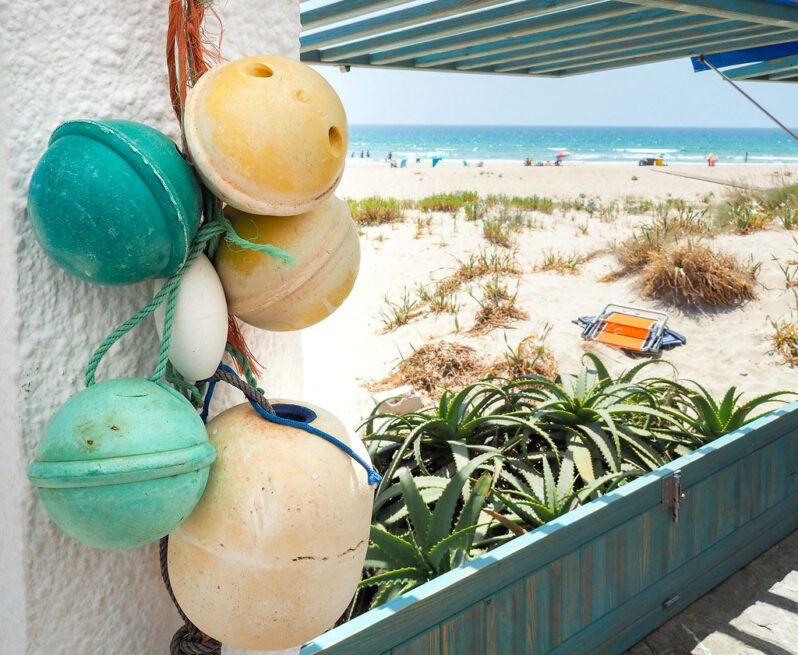
Authorities in a Spanish coastal resort near Cadiz, have apologised after spraying a beach with bleach in an attempt to protect children from coronavirus. Environmentalists say this unnecessary move caused “brutal damage” to the local ecosystem.
Human-driven pollution alters the environment even underground
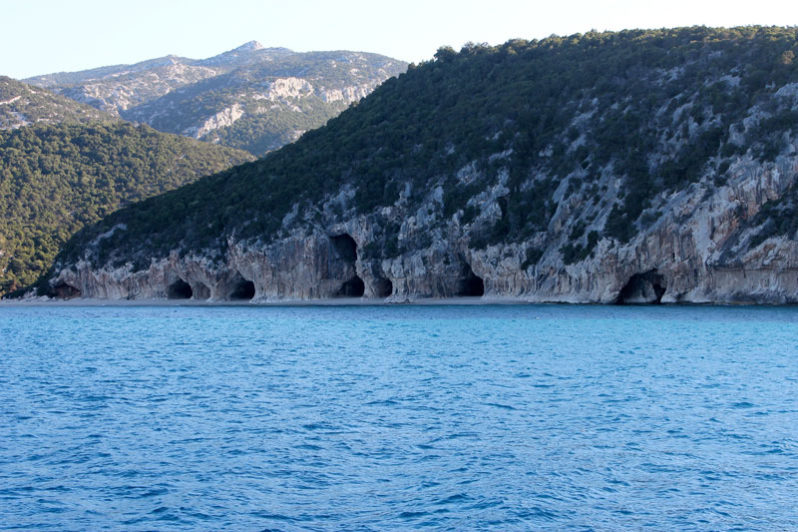
The Monte Conca cave system on the island of Sicily is a vast system of springs and pools, sitting below a nature preserve – presumed to be one of the few places untouched by human-driven pollution. But new research shows that the system is being altered by pollution from above.
Sea levels could rise more than a metre by 2100, experts say

Sea-level rise is faster than previously believed and could exceed 1 metre by the end of the century unless global emissions are reduced, according to a survey of more than 100 specialists.
New report: coastal adaptation against sea level rise makes economic sense

A new study underlines that coastal adaptation measures can protect Europe’s communities from coastal flooding while also being economically efficient.
A radar for plastic: High-resolution map to track plastic emissions in seas
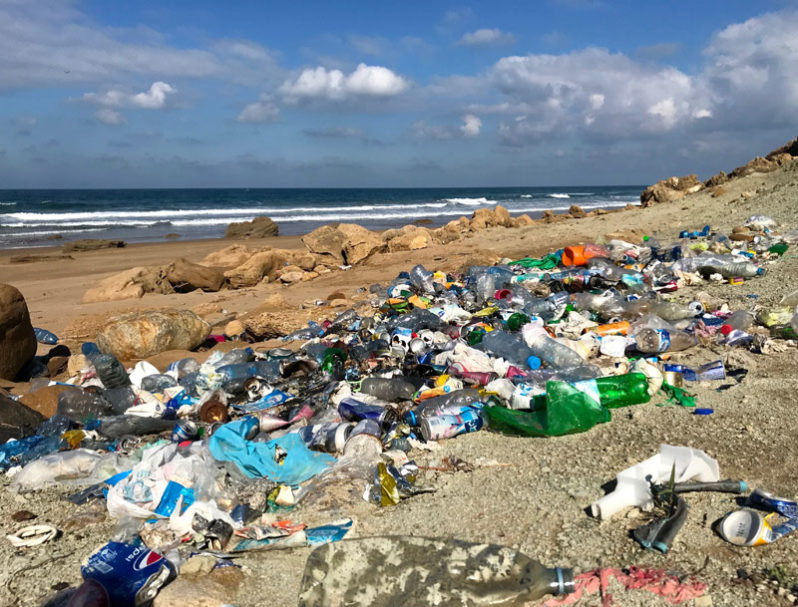
A team of scientists developed a new method to combat plastic emissions, taking into account the origin of plastic emissions.
Authorities seize record 26 tons of illegal shark fins in Hong Kong
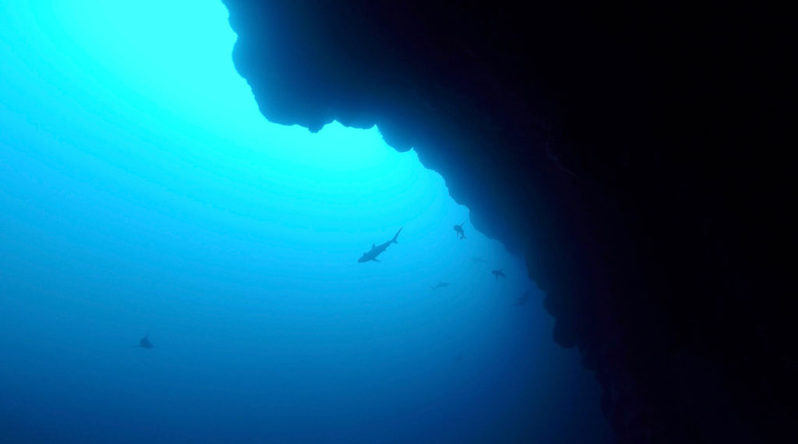
Customs officials in Hong Kong have seized 26 tons of shark fins from an estimated 38,500 sharks classified as vulnerable and protected species — the biggest shipment ever to be intercepted in the region. This recent shipment, which came from Ecuador, is valued at $1.1 million.
Global trade in soy has major implications for climate
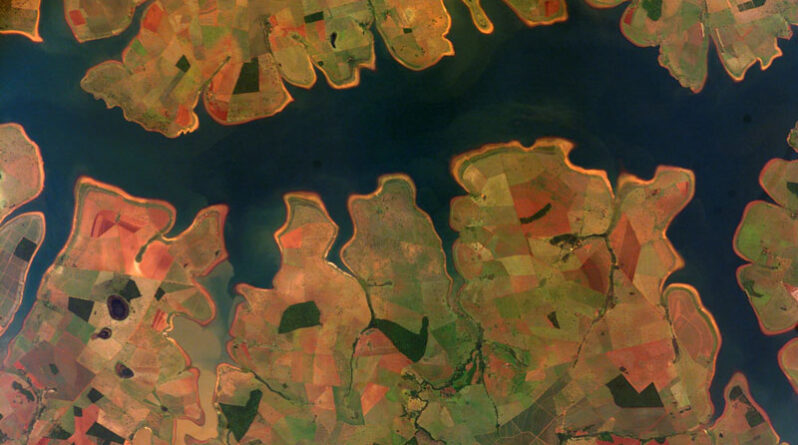
Global soy trade is a major source of greenhouse gas emissions for multiple reasons. The conversion of natural vegetation into arable land is probably the most important cause, but greenhouse gases are also released during the harvesting, the processing into derived products, the subsequent transport to ports of export and shipment.
California’s critical kelp forests are disappearing in a warming world. Can they be saved?
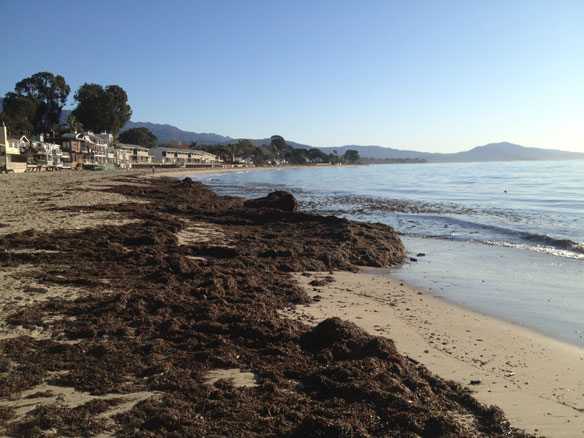
The “sequoias of the sea” suck up carbon and shelter special species. They’ve been hit hard, but scientists, surfers, and more are banding together to save them.
